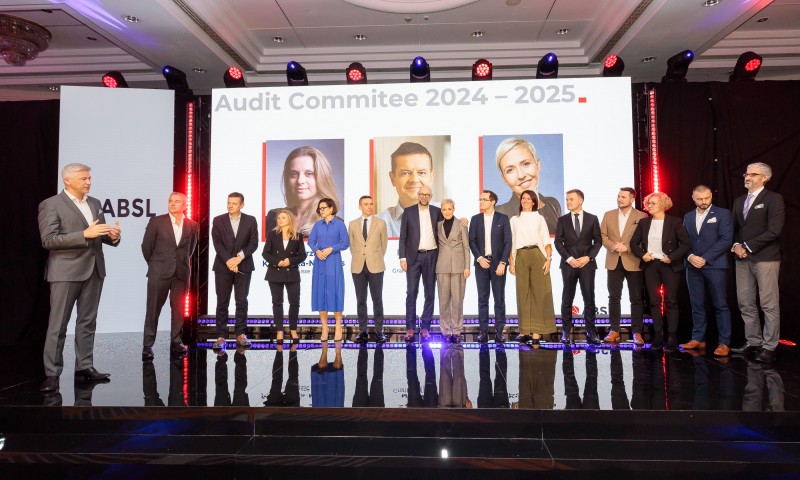Increased demand for highly specialized IT services
Data from ABSL's report, "Modern Business Services Sector in Poland 2022", confirms high demand for IT professionals in Poland. As the complexity of the services provided increases, the demand for diversified IT competencies combined with soft skills also continues to grow.
The modern business services sector in Poland already employs more than 400,000 people, with 40,000 new jobs added in 2022 (an increase of 11.6 percent). IT services remain the main category of services provided in Poland, accounting for 45.1 percent of all modern services. IT centers also accounted for the most investment (26.5 percent) over the past two years.
Differentiating employers' needs for technology competencies
According to IDC, by the end of 2022, 65% of the global economy will be digitally based and will require new competencies. In Poland, the complexity of realized digital services in the modern business services sector is steadily increasing, thanks to the upgrading of employees' skills and the transfer of increasingly complex processes to Poland. For the first time, the share of highly specialized knowledge-based services (KIBS, knowledge intensive business services), which include IT services, exceeded 50% of all services performed in centers located in Poland. This is 6.5 p.p. higher than pre-pandemic levels. This means that demand for employees with digital competencies will be crucial for the business services sector. The data shows that the labor market is currently seeing increased demand for skills that are primarily related to process automation, cloud solutions, and big data analytics.
Skills that will be needed in the IT market
Data from the ABSL report shows that managers of modern business service centers in Poland consider the following to be the most critical employee competencies for both further growth and the development of the sector in Poland in the next five years: competencies in predictive analytics (56.1 percent), tech-savviness (46.3 percent) and leadership skills (43.9 percent). Linguistic competencies (42.1 percent), a dominant factor a decade ago, only came in fourth. Emotional intelligence - soft competencies (37.8 percent), programming (36.6 percent), and managerial competencies (23.8 percent) were identified as other key qualities. Employers in the business services sector consider that the following employee qualities will be some of the most desirable by 2027: flexibility, creativity, action orientation, and teamwork skills. In fact centers are looking for IT employees who possess a range of competencies.
- The needs of the market have changed. Today's reality demands much more from an IT professional than knowledge of one or two programming languages. We are looking for people who can manage the process and maintain the relationship with the customer. These prospective employees will have "T" (T- shaped) skills, meaning that they not only possess technical knowledge, but can also understand the customer's business. People who care about self-development and have an open mind, will increase their attractiveness in the labor market. It is through a combination of technical and interpersonal skills that companies in the sector can take on global functions by becoming leaders and not just service providers - emphasizes Agnieszka Belowska-Gosławska, ABSL Vice President for Technology.
Data from the ABSL report shows that digital transformation will soon be a significant challenge for business services companies. It is assumed that it will be less about the technologies themselves, and more about employees and the ability to adapt to new solutions.
- From the sector's perspective, it is important to develop the competencies of the future in order to bridge the gap between talent demand and supply, which in turn will make it possible to realize future potential. When it comes to the IT field - core competencies are no longer enough. We are moving from the role of a follower to that of an innovator, and this requires a completely new approach, including digital competencies necessary for complex processes – adds Agnieszka Belowska-Gosławska.
Market competitiveness
According to the ABSL report, it is now on average four times more difficult to hire developers and data science professionals than in the same period in 2021. As a result, 85 percent of the sector’s companies in Poland are considering looking for employees located outside their city of operations, while nearly 54 percent are looking outside Poland. Another way for improving the availability of IT professionals is remote work, which is available in around 88 percent of job offers. This is especially observed in regional cities such as Lublin, Bydgoszcz, Kielce, Toruń, Rzeszów, and Białystok. In the IT sector, the type of contract is also important, and to encourage employees various employment models are offered, such as B2B contracts or contracts based on creative work which assumes 50 percent deductible costs.









